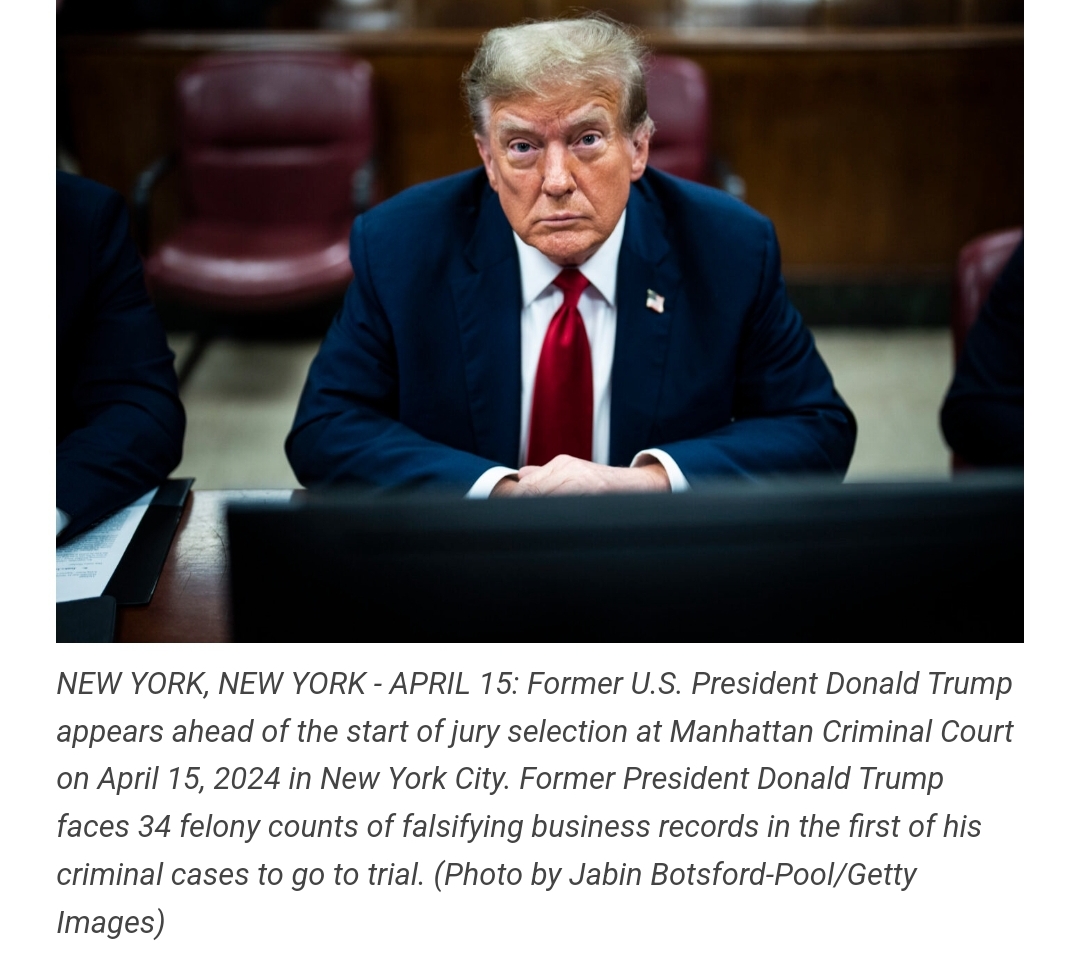출처 : BatterIndustry

The transition team of future US President Donald Trump is said to be planning a far-reaching reversal of Biden’s EV and emissions policy. Instead of transforming the transport sector, investments will flow more into the country’s defence.
Reuters reports, citing an internal document from the transition team, that Trump apparently wants to relax regulations for combustion engine vehicles. However, the news agency says it is “primarily for defence-related interests.” That means subsidies for electric cars and the expansion of the charging network could be scaled back in favour of investments in the military.
According to the document, the transition team specifically recommends imposing tariffs on battery materials worldwide to boost US production “and then negotiating individual exemptions with allies.” The main goal is to secure “China-free supplies of batteries and the critical minerals to build them.”
Elsewhere, there is talk of withholding the remaining funds from Joe Biden’s 7.5 billion dollar programme to expand charging networks and invest them in processing battery minerals and the “national defence supply chain and critical infrastructure.”
While batteries, minerals and other EV components are “critical to defence production,” electric vehicles “and charging stations are not,” Reuters quotes from the document. Trump is also said to be considering waiving environmental reviews to accelerate “federally funded EV infrastructure projects,” including battery recycling and production, charging stations and the production of key minerals.
And internal combustion engine cars? According to Reuters, Trump transition administration spokeswoman Karoline Leavitt said that voters had given Trump a mandate to deliver on his campaign promises, including ending government attacks on internal combustion cars. “When he takes office, President Trump will support the auto industry, allowing space for both gas-powered cars and electric vehicles,” Leavitt said in a statement.
The transition team is said to be considering scaling back the emissions and fuel economy standards introduced by Biden to 2019 levels, which, according to the news agency, “would allow an average of about 25% more emissions per vehicle mile than the current 2025 limits and average fuel economy to be about 15% lower.” In addition, federal agencies will no longer be required to purchase electric vehicles.
Finally, the transition team’s document also contains a passage on California’s role. It says the Golden State will be prevented from setting stricter emissions standards for vehicles (which have been adopted by more than a dozen other states). Trump had already blocked California’s advancement during his first term in office so that the state could not go its own way – a policy that Biden subsequently reversed.
Interest in Trump’s future course is immense. Hints about Trump’s future policy have been emerging from within the transition team for weeks. For example, Reuters reported a few weeks ago that the US President-elect will probably abolish the current tax credit of 7,500 dollars for electric cars as part of a more comprehensive tax reform. Tesla is said to support these plans, although the company itself would be affected. Trump is also said to be considering cancelling the US Postal Service (USPS) contracts to electrify its delivery fleet. The postal service currently has a budget of billions, some of which has already been contractually committed, to purchase 66,000 new electric vehicles and chargers.
'글로벌 스토리🌏' 카테고리의 다른 글
| 트럼프 취임 첫날...'무더기 행정명령 쇼' (0) | 2025.01.22 |
|---|---|
| 中 국채 발행 늘려 경제회복 속도낸다 (1) | 2025.01.04 |
| 트럼프 2기, 에너지 3대 요직 인선 마무리 (0) | 2024.11.21 |
| 美정부효율부(DOGE) 거침없는 개혁 (3) | 2024.11.19 |
| 美에 1000억달러(140조원) 투자한 韓기업 …'트럼프 입'에 초긴장 (6) | 2024.11.08 |